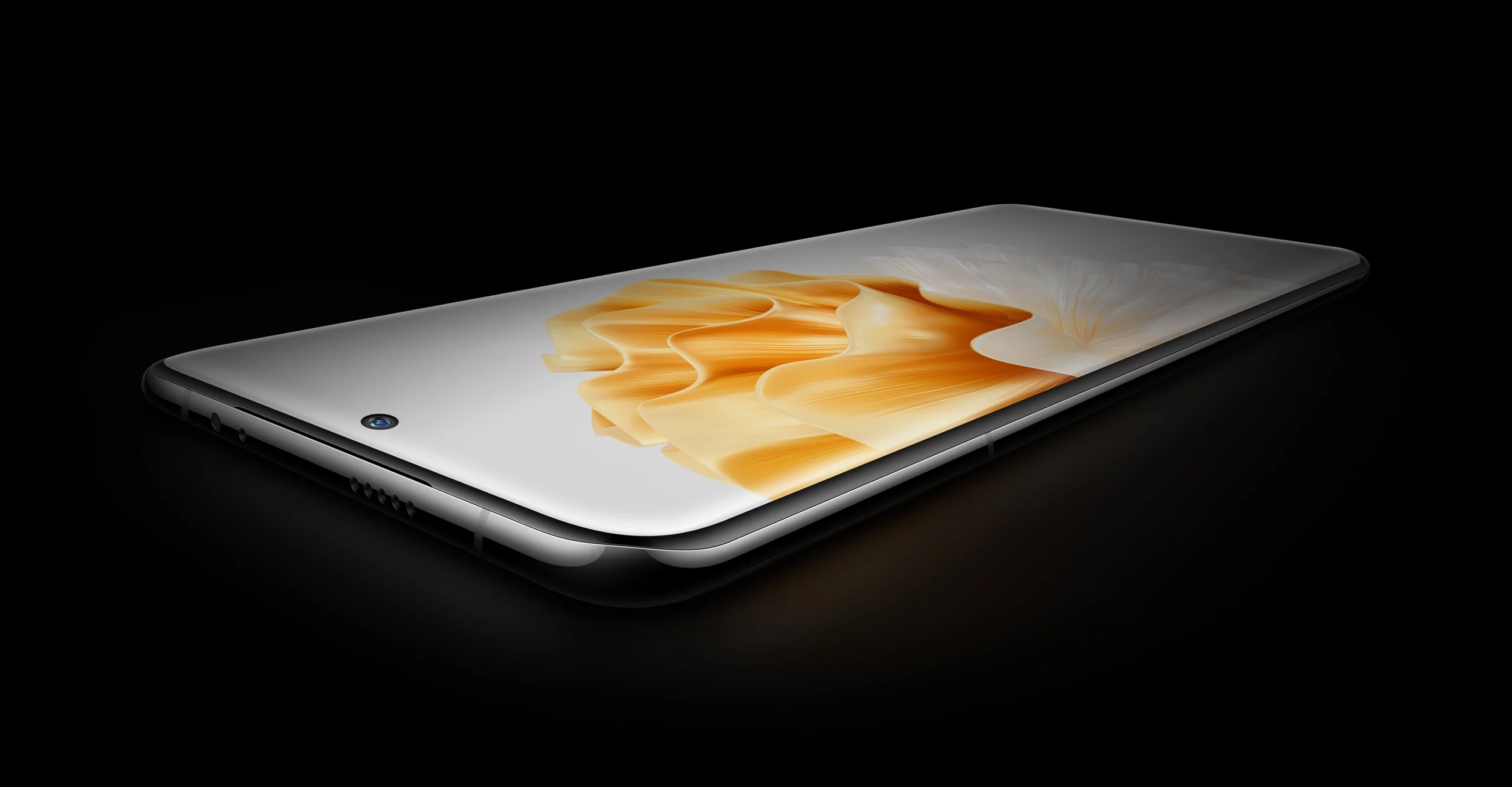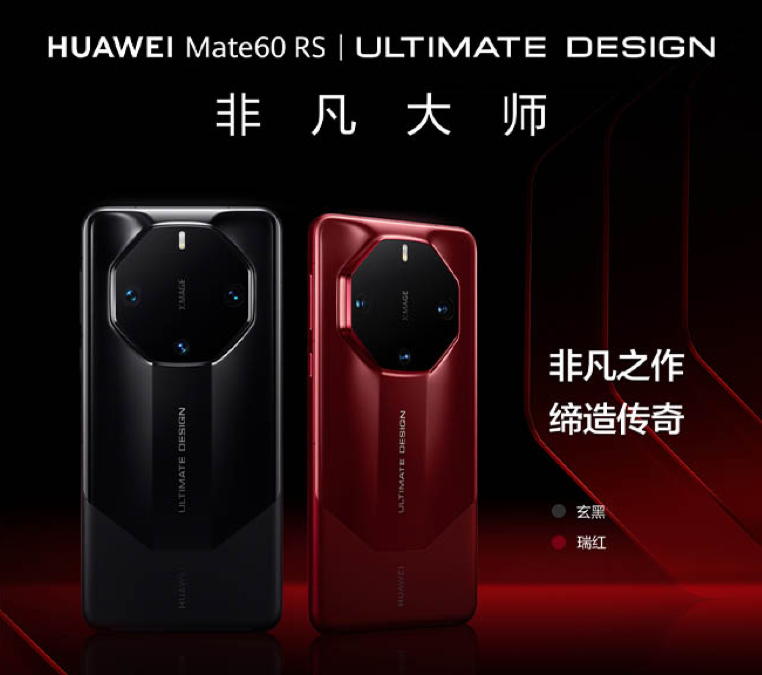Huawei Ramps 5G Smartphone Production Amidst Strong Demand

US-sanctioned Huawei ramping up production of popular 5G smartphone as it gets around US sanctions to achieve chip breakthrough
US-sanctioned Huawei is gradually ramping up production of its Mate 60, the company’s first 5G-capable smartphone since 2020, to meet strong demand with the Mate 60 Pro now having a wait time for deliveries of up to three months, according to local media reports.
The handset’s progress is being closely watched as it was produced in the face of US sanctions designed to prevent Huawei from accessing advanced technology from US companies.
Additional hurdles are posed by export controls by the US and allies that target Chinese tech firms more broadly, including Semiconductor Manufacturing International Corp (SMIC), which made the advanced 7-nanometre Kirin 9000s 5G chip that pwoers the Mate 60.
Huawei last week introduced a subscription programme for the Mate 60 Pro, which launched in August, offering a wait time of no more than 90 days with a limit of one unit per customer.

Shipment surge
The handset has now recorded 2.4 million units in domestic sales, according to Counterpoint.
Figures from Canalys said total Mate 60 shipments from the end of August to 7 November were up to 2.5 million units, with the 5G Mate 60 Pro making up more than 60 percent of that volume.
The handset ranked third in popularity in the first week of the popular Single’s Day shopping festival, according to Counterpoint estimates.
The Huawei handset’s sales were limited by a shortage of supply, Counterpoint told the South China Morning Post.
SemiAnalysis analyst Dylan Patel said SMIC – which is also under US sanctions – had good yields on the Kirin 9000s chip.

Smartphone recovery
He told the SCMP the long wait times were due to the Mate 60’s popularity and not to a yield deficiency in SMIC’s advanced 7nm process.
Nikkei and research firm Fomalhaut Techno Solutions disassembled the Mate 60 Pro and found it used 47 percent Chinese parts on a value basis, up 18 percent from a model analysed three years ago, Nikkei reported on Monday, showing how the US sanctions are forcing Chinese manufacturers to turn to domestic suppliers.
Huawei and Xiaomi led double-digit growth in China’s smartphone market in October, with sales up 11 percent compared to a year ago, Counterpoint said.
Huawei’s sales were up 83 percent and Xiaomi sales were up by a third in the world’s biggest smartphone market.